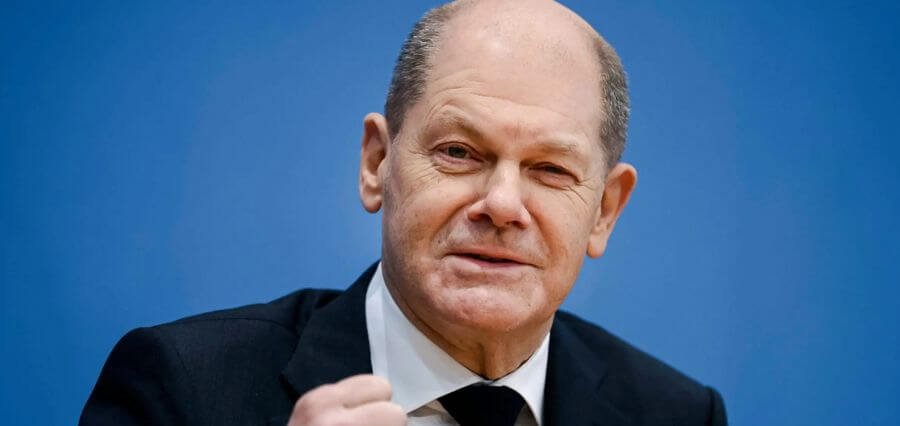European Union leaders on Friday sought to allay concerns over the stability of the region’s banking sector, emphasizing that lenders are generally in sound health and well-positioned to withstand the current economic challenges.
German Chancellor Olaf Scholz dismissed the idea of any fundamental weaknesses at Deutsche Bank, stating that the bank has become “very profitable” after modernizing its business. French President Emmanuel Macron also expressed confidence in the solidity of the banking system.
European Central Bank President Christine Lagarde echoed these sentiments, noting that the eurozone banking sector is strong due to the application of regulatory reforms agreed upon internationally after the Global Financial Crisis. She stressed that the euro area has strong capital and liquidity positions.
The EU leaders’ reassurances came amid a sharp sell-off in Deutsche Bank shares, which fell as much as 14% in Frankfurt on Friday. The drop was attributed to a steep rise in the cost of financial derivatives known as credit default swaps that insure bondholders against the bank defaulting on its debts.
The market jitters were triggered by the recent collapse of Silicon Valley Bank in the United States and the Swiss-orchestrated takeover of troubled lender Credit Suisse by rival UBS However, European officials emphasized that the sources of stress in the U.S. and Swiss banking sectors are idiosyncratic, and the broader implications for euro area banks have been limited.
While acknowledging the resilience of the European banking sector, leaders also recognized the need for further progress on completing the banking union and creating a truly European capital markets union. These efforts aim to strengthen the regulatory framework and enhance lending across the region, ultimately contributing to the stability and growth of the European economy.





